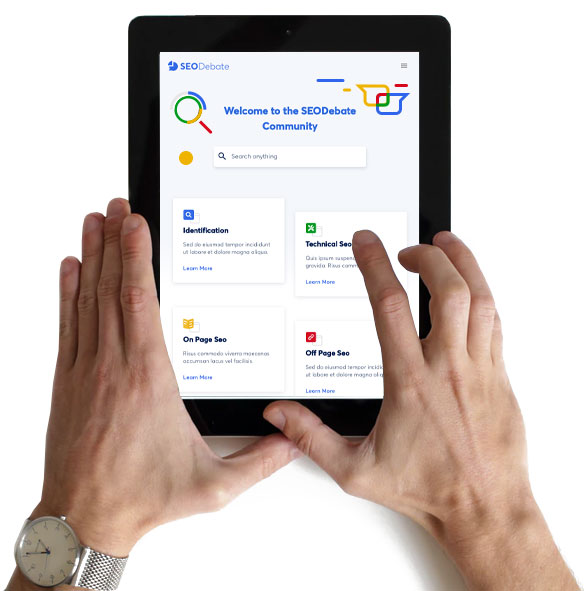Filters
Do you have any new tool to suggest?
CLOUDFLARE
Visit ToolSiteLock
Visit ToolWordfence
Visit ToolQualys
Visit ToolUpGuard
Visit ToolSiteGuarding
Visit ToolFrequently asked Questions
The Top Free & Paid Site Security Tools for Websites
Evaluating Site Security Tools for Better Site Performance
As a website owner, protecting your site and website visitors from hackers and cyber attacks is very important. There are many website security tools that can help, some are free and some you have to pay for.
For the free options, some good tools include firewalls and content delivery networks that can block major attacks like DDoS and other threats. Other free tools provide a firewall plus virus scanning to remove bad codes, and two-step logins to make your site harder to break into. Some free tools can also identify and block access to known bad websites and malicious links.
If you are able to pay for a security tool, there are paid services that offer more advanced protection features. Paid tools usually come with firewalls, virus scanners, DDoS protection, systems to block bad bots trying to access your site, and information on new cyber threats to watch out for. Many paid services will also give you access to security experts who can provide help and support.
When choosing either a free or paid tool, look closely at exactly what security features it provides - things like firewalls, virus scanning, DDoS blocking, etc. See how easy or difficult it would be to add the tool to your existing website setup. Check if they offer customer support in case you need help. And make sure the tool works well with the technologies your website currently uses.
It's important to understand that no single tool can 100% guarantee that your website won't ever be hacked. But using website security tools combined with best practices like keeping software updated and using strong passwords, can really reduce your risks. Testing your security regularly is also a good idea.

